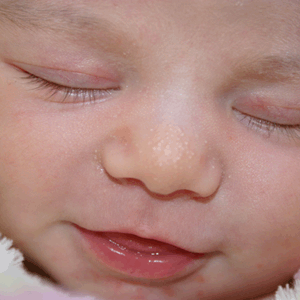The NFL actually made an ad for “Super Bowl 50” to remind us that celebrating can lead to pregnancy. There was a lot of reactionto the commercial and the supposed “study” which flashed on the screen that cited how nine months after the previous Super Bowl, each of the winning cities had a birth-boom… just like the proverbial “Blizzard Baby Boom.” Although there’s little data to support these claims, Boston did have a bit of a baby boom after winning the world series in 2004.
Yes, I am pregnant
Concern 1: My partner and I drank a lot that night. Because of that drinking will I have complications during the pregnancy? It depends. What your behaviors were before you got pregnant do influence fetal development and postpartum growth of your baby. Do you regularly drink more than 10 glasses of alcohol, containing 5% alcohol (or more) per week? Do you drink excessively when you ovulate? If so, you may have a baby that is born with low birth weight and may have trouble gaining weight during their first six months. Be sure you are talking to your health care professional if this is a concern.
Concern 2: My partner and I got high that night. What will happen to my baby? It depends. Have you continued to “use” well into your first trimester? One study shows that a marijuana user is more likely to have a child with anencephaly if this behavior continues beyond conception into the first three months of pregnancy.
Medical definition and research citation.
Be aware too that, if you are a cocaine user, your baby is more likely to have a cleft palate. Always be sure to share your concerns with your health care provider.
Concern 3: This pregnancy wasn’t planned and my partner and I are not ready; we’re reluctantly continuing on with the pregnancy. The key here to feel supported. Each person must acknowledge all of your concerns about becoming parents. If you live in the immediate Denver area, I suggest you contact THE CATALYST CENTER, LLC (300 South Jackson St, suite 520, Denver 80209 720-675-7123 www.CatalystcenterLLC.com). They offer a free initial consultation. For the Boulder area, click here. Your primary healthcare provider can also refer you to a therapist as well. Next, strive to establish a support system (not only for your prenatal months) but for four months postpartum as well.
Be sure to establish a support system during your prenatal months, as well as postpartum, for you, your partner, and your baby.
It’s nice to have a non-judgmental person by your side as you journey into parenthood, as well as someone who is able to answer all your questions about pregnancy, labor, and beyond. Most importantly, someone capable of guiding you in creating deeper bonding with yourself, your partner, and your baby as you navigate this new terrain.
Click here to learn more about The Birth Year Experience to make it a smooth and graceful transition for the entire family!









